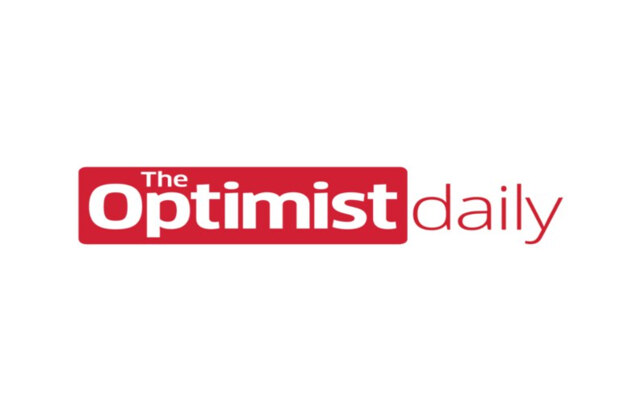We’ve been exploring the idea of shaking up management systems for the upcoming issue of The Intelligent Optimist. Whether that’s using cooperatives as an alternative to business as usual, or something fundamentally different in the way we govern ourselves, there’s an ongoing discussion worth having about the way we organize ourselves.
So today, when I came across Gary Hamel’s essay from 2011 in the Harvard Business Review, I was curious to see what he viewed as alternatives. “First, Let’s Fire All the Managers,” his piece is titled. Top-down management is inefficient, he says, locking too much money and power into sorting out the complexity of the very system itself. Interesting stuff, especially if you’ve ever felt strong-armed by a boss who’s out of touch with your daily duties. Hamel contrasts it to the capitalist ideal of the free market, driven by the famous “invisible hand” without intervening control.
But of course, we’ve seen the free market fail. Maybe it’s not a permanent failure, but neither is it a system which can exist without some level of oversight. Different ideas have sought to address this in myriad ways, from the open source movement to co-ops. But what Hamel winds up describing is something different entirely; a title-free, egalitarian environment. It sounds like anarchy; but as we’ve seen elsewhere, very complicated systems can exist and even thrive in the absence of oversight.
That’s how Hamel describes the Morning Star Company, a tomato producer in California. Hamel’s story uses the private company as a case study, explaining a management style in which the employees manage themselves. This, says the company’s founder, empowers and motivates employees while increasing coordination. The authority and responsibility for a decision — say, a purchase — rests with the employee who will use it.
Hamel is clearly a fan (though he does address the model’s problems too). It’s hard not to like a company culture devoted to valuing input from all, self-review and internal motivation. And Morning Star seems to have done so without sacrificing responsibility or accountability, as transparency in the organization means poor performance is noticed at the individual and group levels.
Hamel’s article is a good read, if you’ve got a half hour or so, although he never does address the difference between the Morning Star model and the typical cooperative.
If you’re interested in more stories on businesses exploring new ideas, take a look at our next issue, or download a free digital copy.
Photo: Victor1558/Flickr










